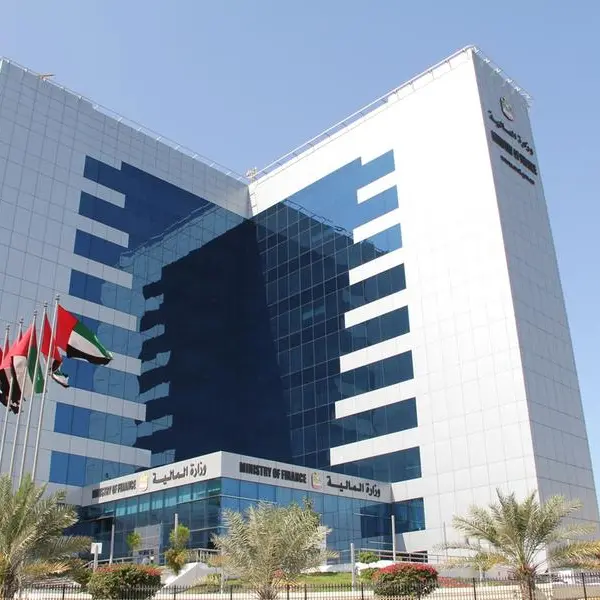19 September 2016
JEDDAH: The Gulf Cooperation Council states import nearly 90 percent of their food items from abroad, according to the findings of a study titled "Food gap in the GCC."
The study, conducted by researcher Faisal Al-Otaibi of Naif Arab University for Security Sciences, recommended stronger Arab Gulf integration in order for the GCC states to reach self-sufficiency by boosting agriculture.
The food gap is determined by the difference between domestic production and consumer needs, in addition to the net imports of various food commodities.
It is the result of increased demand and lower production rates, which leads to widening of the food gap, decreasing self-sufficiency rates, and increasing reliance on foreign markets to secure food needs.
GCC countries are among those with highest rates of food gap in the Arab world, according to the findings.
Saudi Arabia tops the list of Arab countries with 20.94 percent on average, followed by the UAE (14.42 percent), Kuwait (3.59 percent), Qatar (3.25 percent), Oman (3.25 percent) and Bahrain (1.6 percent), according to a report by the Arab Organization for Agricultural Development (AOAD).
GCC is also badly lagging in the production of strategic agricultural produce like grain and wheat.
Wheat is the bigger challenge, because it is a strategic crop.
GCC member states, with the exception of Saudi Arabia, which produces small amounts of wheat, (about 1.26 million tons) do not produce wheat, according to FAO report for 2010.
Even this quantity is expected to decline gradually due to the Saudi plans to stop planting water-intensive crops, including wheat, due to its water scarcity.
The food gap is represented in the net imports of major food commodities, which make up for the difference between locally produced items and the total quantity needed for domestic consumption.
JEDDAH: The Gulf Cooperation Council states import nearly 90 percent of their food items from abroad, according to the findings of a study titled "Food gap in the GCC."
The study, conducted by researcher Faisal Al-Otaibi of Naif Arab University for Security Sciences, recommended stronger Arab Gulf integration in order for the GCC states to reach self-sufficiency by boosting agriculture.
The food gap is determined by the difference between domestic production and consumer needs, in addition to the net imports of various food commodities.
It is the result of increased demand and lower production rates, which leads to widening of the food gap, decreasing self-sufficiency rates, and increasing reliance on foreign markets to secure food needs.
GCC countries are among those with highest rates of food gap in the Arab world, according to the findings.
Saudi Arabia tops the list of Arab countries with 20.94 percent on average, followed by the UAE (14.42 percent), Kuwait (3.59 percent), Qatar (3.25 percent), Oman (3.25 percent) and Bahrain (1.6 percent), according to a report by the Arab Organization for Agricultural Development (AOAD).
GCC is also badly lagging in the production of strategic agricultural produce like grain and wheat.
Wheat is the bigger challenge, because it is a strategic crop.
GCC member states, with the exception of Saudi Arabia, which produces small amounts of wheat, (about 1.26 million tons) do not produce wheat, according to FAO report for 2010.
Even this quantity is expected to decline gradually due to the Saudi plans to stop planting water-intensive crops, including wheat, due to its water scarcity.
The food gap is represented in the net imports of major food commodities, which make up for the difference between locally produced items and the total quantity needed for domestic consumption.
© Arab News 2016




















